Chemical Metal Containers are widely used for storing various chemicals. These containers are usually made of metals such as stainless steel, aluminum, and brass.
Different chemicals are stored in these containers, including acids, alkalis, air-sensitive chemicals, and flammable substances.
Chemicals such as acids and alkalis react with metal containers, which can cause corrosion in alloy containers like stainless steel.
To prevent corrosion and chemical reactions with metal containers, it is necessary to use containers that have good resistance to corrosion and chemical reactions.
Containers coated with materials such as nickel, chromium, and titanium have better resistance to corrosion and chemical reactions.
Flammable chemicals can also be stored in metal containers. In such cases, metal containers may be inappropriate for storing these types of materials and may pose a fire hazard.
To prevent these risks, specific containers designed for storing flammable chemicals should be used.
Application, Capacity, and Visual Appearance of Various Chemical Metal Containers
Packaging chemicals is crucial and sensitive because it not only protects the product from damage and hazards but also complies with safety and environmental regulations.
Metal containers for chemicals are ideal choices due to their superior physical and chemical properties.
Applications of Chemical Metal Containers for Chemical Packaging
Metal containers for chemicals are used for the following reasons:
– Protection of the content against contact with air, moisture, UV light, and contaminants
– High resistance to pressure, impact, heat, and temperature variations
– Prevention of leakage and material permeation
– Easy and safe transportation
– Reusability and recyclability
Types of Chemical Metal Containers
Round metal cans are produced in sizes ranging from 100 grams to 35 kilograms and are used for industries such as chemicals, food, paint, resin, agricultural pesticides, grease, edible oil, and canned products.
Metal cans are produced in quart, gallon, and kilo sizes. The following table shows the available sizes:
| Application | Height | Diameter | Shape and Capacity |
|---|---|---|---|
| Food | – | 63 | Quarter 200g |
| Adhesive, Paint, Grease, Industrial Oil, Edible Oil | – | 70 | Quarter 250g |
| Adhesive, Paint, Grease | – | 73 | Quarter 500g |
| Adhesive, Paint, Grease | – | 83 | Quarter 750g |
| Oil, Chemical, Food, Industrial, Agricultural | – | – | 2-pound grease can |
| Oil, Chemical, Food, Industrial, Agricultural | – | 99 | Hardener |
| Oil, Chemical, Food, Industrial, Agricultural | – | 99 | Hardener |
| Oil, Chemical, Food, Industrial, Agricultural | – | 63 | Hardener |
| Oil, Chemical, Food, Industrial, Agricultural | – | 70 | Hardener |
| Oil, Chemical, Food, Industrial, Agricultural | – | 73 | Hardener |
| Chemical, Industrial, Paint, Edible Oil, Plastic Handle Pressure Lid, Edible Oil | – | – | 1-liter can |
| Food | – | – | 2-liter can |
| Food | – | – | 3-liter can |
| Food | – | – | 4-liter can |
| Food | – | – | 5-liter can |
| Oil, Chemical, Food, Industrial, Agricultural | – | – | 15kg emptied Aleppo |
| Oil, Chemical, Food, Industrial, Agricultural | – | – | 17kg emptied Aleppo |
| Oil, Chemical, Food, Industrial, Agricultural | – | – | 19kg emptied Aleppo |
| Oil, Chemical, Food, Industrial, Agricultural | – | – | 20kg emptied Aleppo |
| Oil, Chemical, Food, Industrial, Agricultural | – | – | 25kg emptied Aleppo |
| Oil, Chemical, Food, Industrial, Agricultural | – | – | 27kg emptied Aleppo |
| Characteristic | Description |
|---|---|
| Material | Metal (steel, aluminum, and…) |
| Dimensions | Various depending on type and use |
| Capacity | Variable depending on product type |
| Weight | Variable depending on dimensions and material |
| Lid Type |
Lid Securely opens and closes |
| Reusable | Yes |
Please note that the dimensions of metal containers may vary depending on the type of content and customer requirements.
When selecting a metal container, consider the appropriate dimensions based on the quantity and type of chemicals.
Using metal containers for packaging chemicals is crucial for safety and environmental protection.
To choose the right metal container, consider the following:
– Type and properties of the chemicals, such as physical state, chemical hazards, and storage temperature
– Requirement for resistance to impact, pressure, and temperature variations
– Regulations and standards related to chemical packaging
– Type and volume of the content
By considering these factors, you can choose suitable capacity, visual appearance, and dimensions for packaging your chemicals. Also, ensure that you source from reputable manufacturers and suppliers who comply with quality standards.
In summary, Chemical Metal Containers are ideal for packaging chemicals, and based on your application, required capacity, and visual appearance, you can choose various types of metal containers as suitable packaging solutions for your chemicals.
Show reviews in all languages (1)








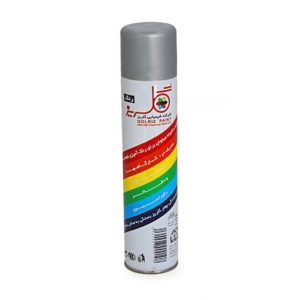
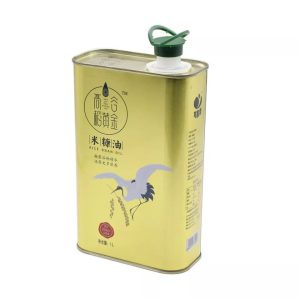
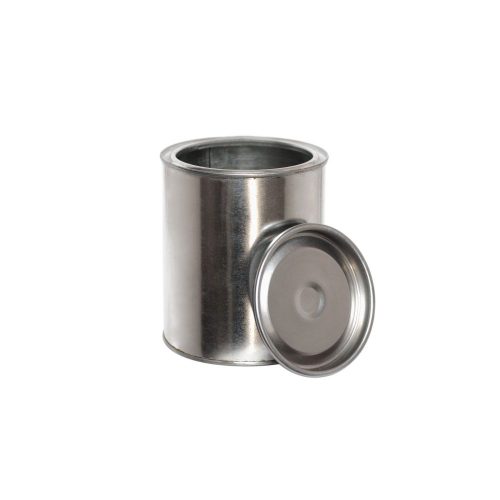
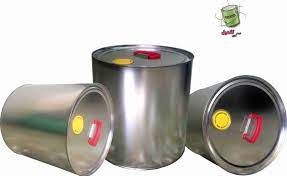
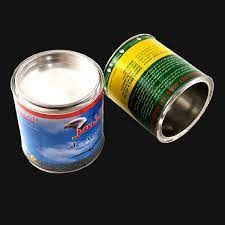
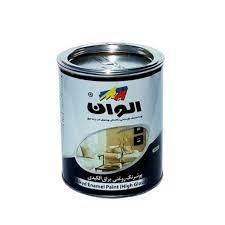
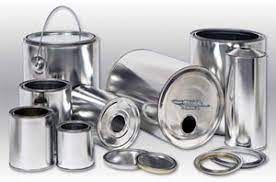
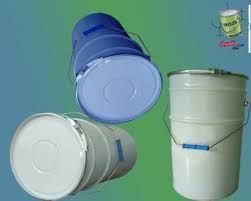


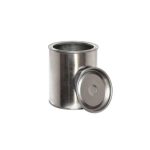

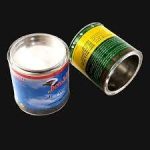
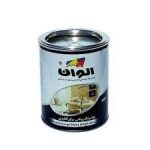

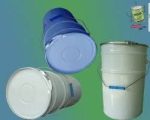
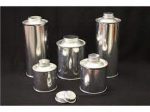
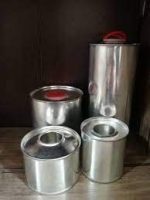

Reviews
There are no reviews yet.